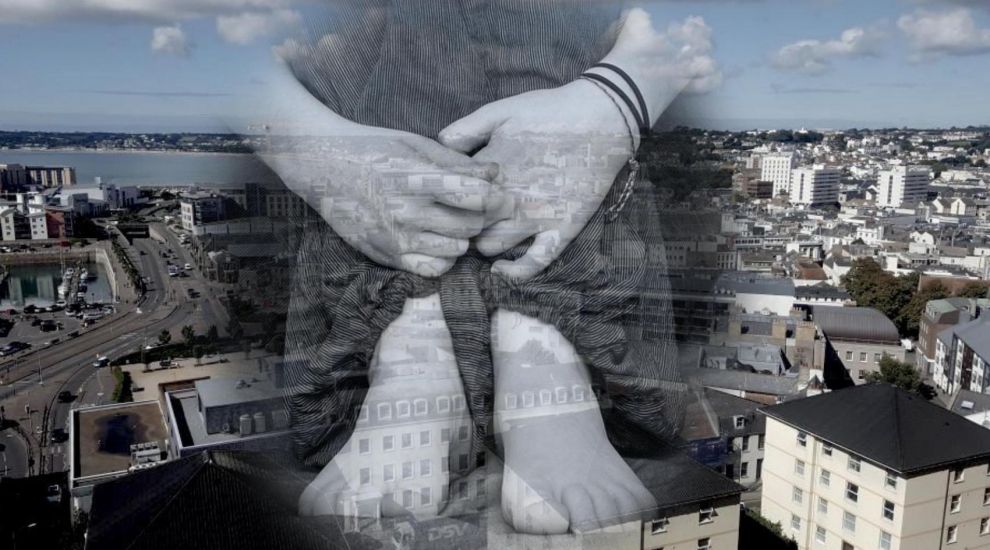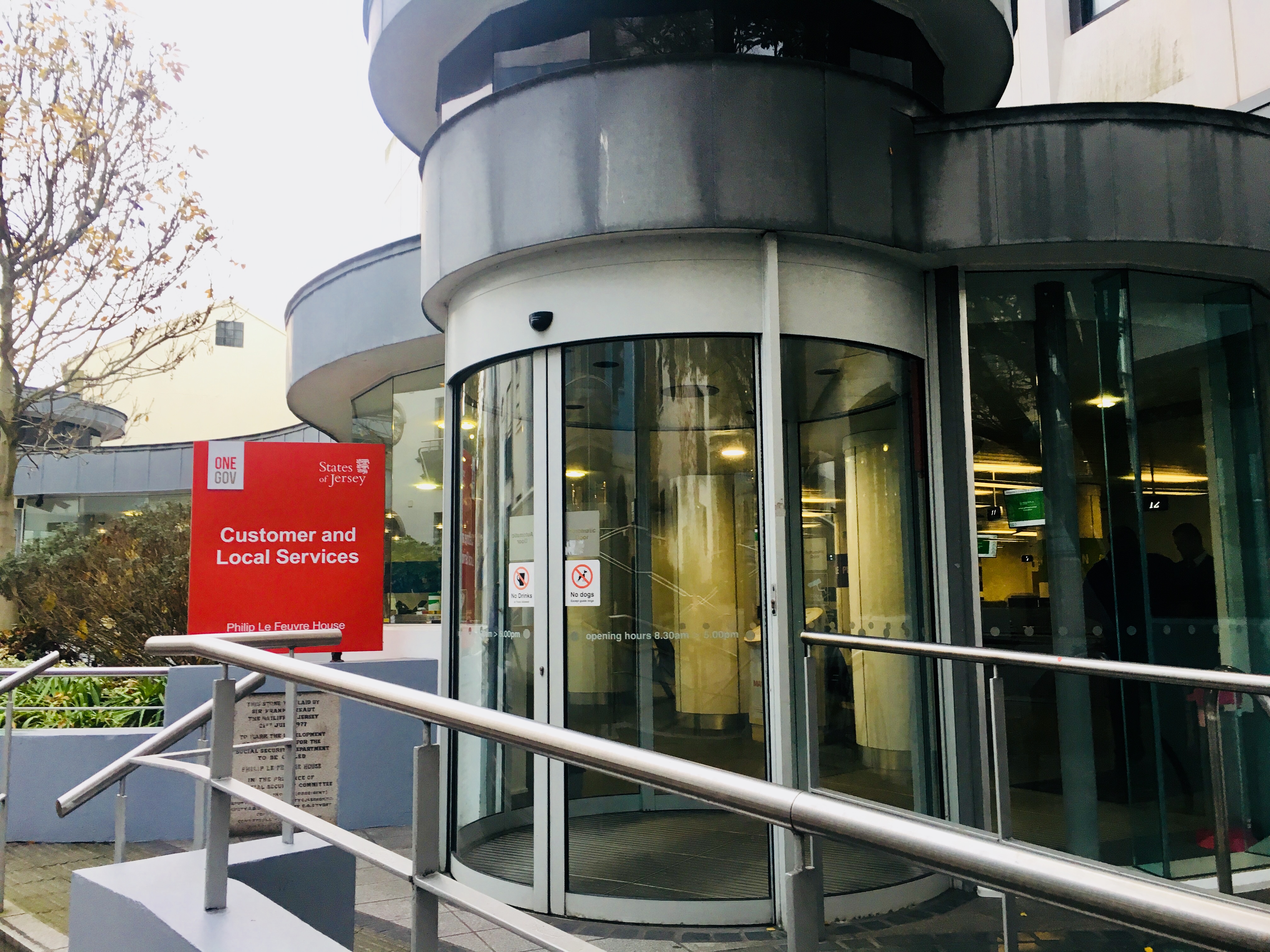

Homeless people are being excluded from the island’s safeguarding services despite their vulnerability, leaving shelter staff to pick up the pieces, a major review has found as it detailed the case of an “at risk” islander who eventually ended up in prison.
The Shelter Trust lost 55% of its staff in 2017 due to “challenging circumstances” caused by having to manage sometimes “highly complex needs” which other agencies cannot provide help for.
They told the authors of a major review into safeguarding provisions for vulnerable islanders, led by mental health social worker Sylvia Manson of Sylman Consulting, that they feel homeless people are often excluded from services despite their vulnerable circumstances. As a result, the team finds themselves looking after individuals, in spite of a lack of appropriate professional qualifications.
The Shelter Trust mentioned the case of a person with “highly complex needs” and “who presented significant risks to himself and to others.” They had been excluded from other services or refused to engage, and the Shelter Trust was “left to try and manage” them. The team was unable to seek help and advice by calling a multi-agency meeting.
“How can it be that a newly recruited support worker with no professional qualification is expected to respond to people who other agencies have not been able to meet needs of?” the Shelter Trust reported.

Pictured: The Shelter Trust said the lack of services for homeless people led an individual to go back to prison.
The team however said that situations like this, not only cause staff issues, but also have a “adverse impact” for the individuals. In the case they mentioned, the adult ended up back in prison, which was described as “a poor outcome for the adult and costly to the economy.”
The cost was evidenced in an analysis of local “high demand families” commissioned by the Police. It found that the cost of policing Jersey’s “top five” high demand families over a three-year period was approximately £775,000.
The review’s report said a similar analysis could also be applied to adults with complex needs. “When these costs are extrapolated out to Health and Social Care, Housing, Social Security and the justice system, the overall cost to the Jersey system will be substantial,” it said.

Pictured: Social Security described being left on its own to manage “complex cases.”
Social Security also highlighted a “a gap in the system” for people who fall below the threshold for safeguarding adult referrals. The service said it was being left on its own to manage “complex cases” of individuals who do not meet criteria for other services or have declined engagement.
They said their role, which is linked to benefits, gives them an advantage in engaging with a person who has declined engagement with other agencies. However, they said they have had limited success in calling multi-agency meetings and securing a case lead worker to work alongside them.
They have therefore resorted to appointing a mental health nurse and drugs and alcohol worker. However, they remain concerned they may not be the best qualified to respond to a person with complex needs and risks and are calling for a “more cohesive preventative multi-agency response".
“We have to ask why is an employment advisor left holding this? If we are the only ones able to engage, we need support from other services. We need to be clearer about what our offer is…if we’re being asked to carry more we need to acknowledge and resource this,” they said.

Pictured: The review's authors called for a multi-agency panel to coordinate care for higher risk cases.
The review heard that there have been recommendations to establish "multi-agency complex needs meetings" in the past but these had not had sufficient authority or ‘buy in’ by all agencies to succeed. The authors described a “resounding call for a more robust multi-agency process to coordinate and manage complex and higher risk cases outside of safeguarding adult criteria, that all agencies commit to.”
They recommended the creation of a multi-agency panel who would coordinate care for higher risk cases that do not meet safeguarding adult criteria. They said this could take the form of a meeting providing coordination, sharing information for individual and community safety, joint risk assessments, support for the practitioners involved and a safety net for the individual.
Comments
Comments on this story express the views of the commentator only, not Bailiwick Publishing. We are unable to guarantee the accuracy of any of those comments.